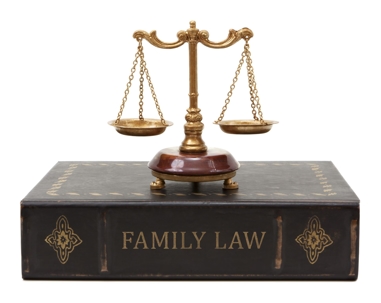When obtaining a divorce, there are many emotional and difficult decisions to be made. If you and your partner share minor children, the emotions can be even more heightened. Determining the time, you will spend with your child and their separate living situation can be an extremely difficult process on both you and your child. Some children may express a desire to live with one parent over the other. When determining a parenting plan, the courts may be able to take a child’s opinion into consideration. It is important to discuss these desires with your Orlando Child Custody Attorney.
In Florida, statute has a presumption towards a shared parenting plan, meaning the parents will share legal and physical custody of the children. Many have seen this in a week to week or every other weekend schedule. Statute provides that every child have “frequent and continuing contact with both parents” and “encourage parents to share the rights and responsibilities, and joys, of child rearing.” 61.13(c)(1) This presumption is only overcome with the showing of continued contact being detrimental to the child. Detriment may be shown through a parent’s criminal history, domestic violence, or abuse. 61.13(c)(2). Therefore, a child’s expressed desire is not enough to overcome a shared parenting plan. There must be significant showing that a parent is unfit and unsafe to be around the child. The presumption is difficult to overcome and more often than not, the court finds that shared custody is best for both parents and child and will proceed to formulate a shared parenting plan.
When developing a parenting plan the court must do so under the standard of what is in the child’s best interest. This standard is highly debated and fluid. The court is given broad discretion to consider many different factors when determining the child’s best interest. Florida statute provides a minimum of 20 separate factors for the court to consider. One such factor is “The reasonable preference of the child, if the court deems the child to be of sufficient intelligence, understanding, and experience to express a preference.” The difficulty to employing this statute is the court’s discretion on considering the reasonable nature of the child’s preference. The court will likely take into account the child’s age, intelligence, emotional capacity, or the possibility of parental pressure to make such a statement. However, in order to make such in depth judgments the court would likely have to sit down with the child privately and discuss. Most courts are hesitant to take such action and therefore, will focus more on the other factors listed.
If your child is adamant about having their preference known or you have knowledge that continued contact with the other parent is not in their best interest, bring this to your Orlando Child Custody Attorney’s attention. They will be able to discuss with you all of your concerns and questions and walk you through the child custody hearing.
Speaking to an attorney at our Orlando office is free of charge, and we accept calls 24 hours a day, 7 days a week. Contact us at 407-512-0887 or complete an online contact form to get in touch with a member of our team today.

